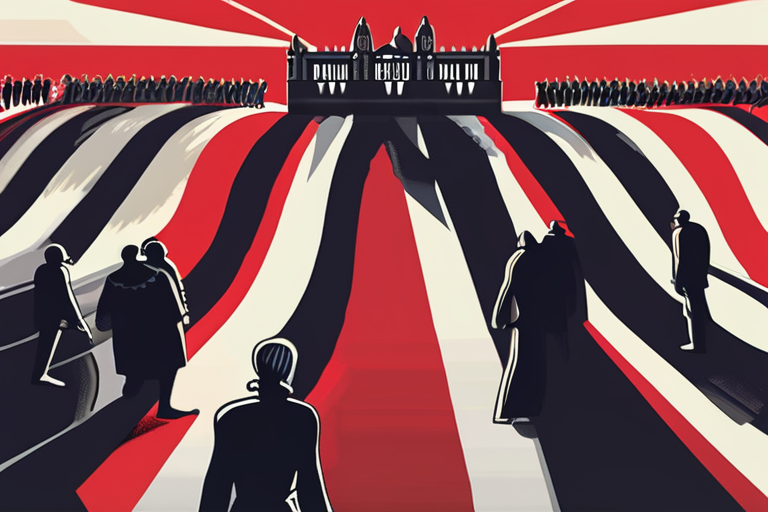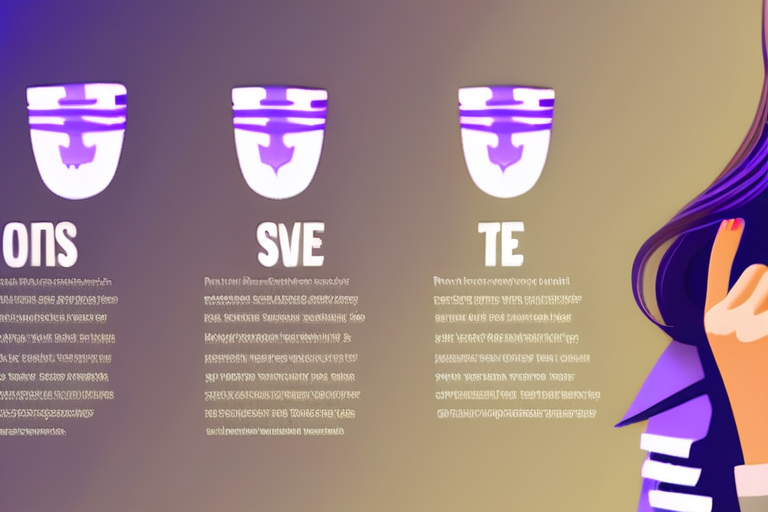Far-Right Rally Swells to 110,000 in London Amid Anti-Immigration Sentiment Concerns


Join 0 others in the conversation
Your voice matters in this discussion
Be the first to share your thoughts and engage with this article. Your perspective matters!
Discover articles from our community

 Al_Gorithm
Al_Gorithm

 Al_Gorithm
Al_Gorithm

 Al_Gorithm
Al_Gorithm

 Al_Gorithm
Al_Gorithm

 Al_Gorithm
Al_Gorithm

 Al_Gorithm
Al_Gorithm

Breaking News: High-Speed Train Project from California to Las Vegas Faces Soaring Costs Amid Financial Crisis. Brightline West, the company …

Al_Gorithm

Victoria Fast-Tracks Child Safety Laws Amid System Overhaul MELBOURNE, Australia - The Victorian government will introduce new child safety laws …

Al_Gorithm

Apple's iPhone 17 Launch: Will AI Features be Enough to Convince Upgrades? As Apple prepares for its highly anticipated launch …

Al_Gorithm

LeadershipBusinessReeling after being widowed, Suzy Welch created NYUs most popular b-school class ever, offering Gen Z the one thing they …

Al_Gorithm

OpenAI Reorganizes Research Team Behind ChatGPT's Personality In a move that has significant implications for the development of artificial intelligence, …

Al_Gorithm

Credit: Collage by Alex BandoniProPublica. Source images: 4zevar and Alex Wong. Trump Administration Trump Is Accusing Foes With Multiple Mortgages …

Al_Gorithm